Australia has announced it will recognize a Palestinian state at the upcoming United Nations General Assembly in September. Prime Minister Anthony Albanese stated that this recognition is contingent on commitments from the Palestinian Authority, including assurances that Hamas will not be involved in governance.
Additional conditions include Palestinian demilitarization, holding elections, governance reforms, and international oversight to prevent incitement of violence. Albanese described the two-state solution as essential to ending the ongoing conflict and human suffering in Gaza.
Following Australia’s lead, New Zealand is seriously considering recognizing Palestinian statehood, with a cabinet decision expected next month. Alongside Australia, countries such as the United Kingdom, France, and Canada have also announced plans to formally recognize Palestine, signaling a growing rift between these Western allies and the United States. This emerging consensus highlights increasing global dissatisfaction with Israel’s military campaign and growing support for Palestinian statehood.
U.S. Supports Israel Amid Allies’ Recognition of Palestine and Rising Regional Tensions
Despite these moves by its closest allies, the United States remains firm in its support for Israel and views declarations of Palestinian statehood as largely symbolic. Australian Foreign Minister Penny Wong reportedly informed U.S. officials in advance about Australia’s plans, but U.S. Secretary of State Marco Rubio criticized these moves for potentially emboldening Hamas and complicating peace efforts. This divergence highlights tensions within the Five Eyes intelligence alliance regarding the Middle East conflict.
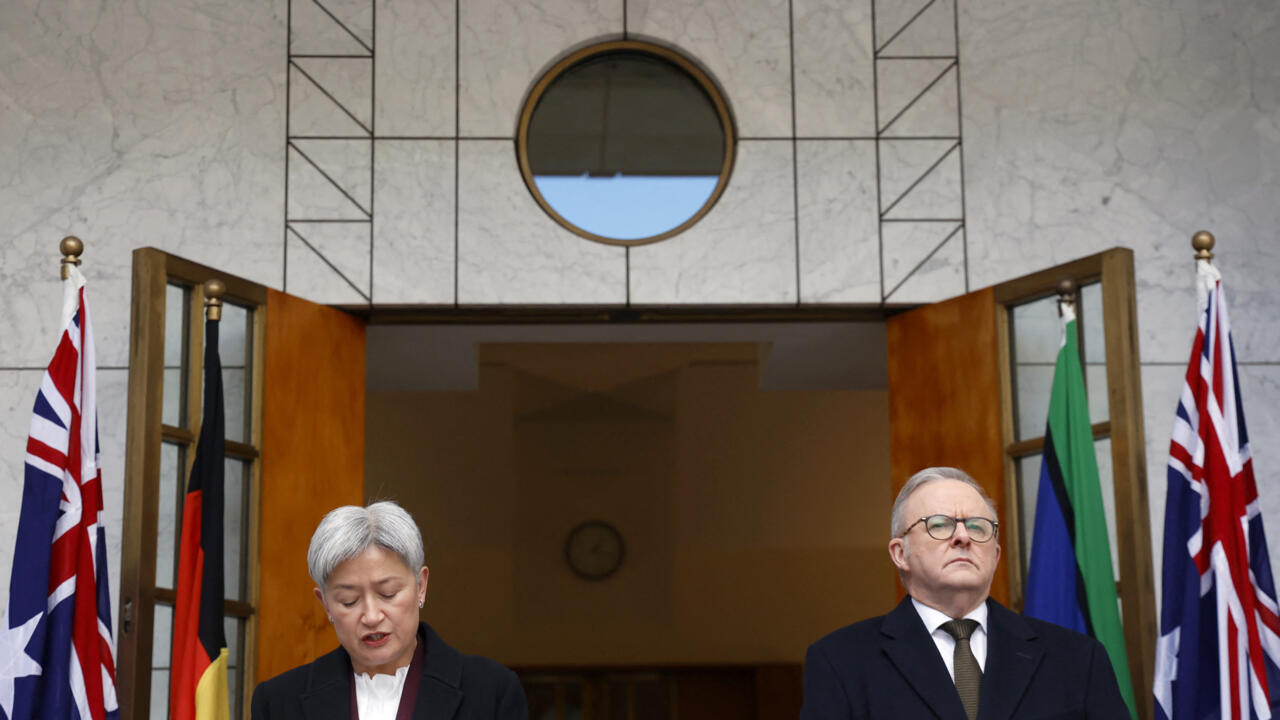
Israeli Prime Minister Benjamin Netanyahu has strongly opposed the recognition efforts, calling them “shameful” and accusing Western countries of falling into a misleading narrative. Meanwhile, Israel is expanding its military operations in Gaza, planning a major takeover of Gaza City expected to displace up to a million residents. The international community, including the United Nations, has condemned these plans as violations of international law and a potential humanitarian disaster.
Humanitarian Crisis Deepens in Gaza as Global Protests Demand Urgent International Action
The humanitarian situation in Gaza is rapidly deteriorating, with UN officials describing it as a starvation crisis. Severe malnutrition is rising sharply, especially among children, and food security agencies have issued their harshest famine warnings. UN representatives have expressed alarm at the escalating deaths linked to hunger and the collapsing infrastructure in the besieged territory, stressing the urgent need for humanitarian aid and protection.
Public outrage over the Gaza crisis has sparked massive protests around the world, including major demonstrations in cities like London and Sydney. Tens of thousands of people have taken to the streets to denounce the suffering of Gaza’s civilians and demand international action. These protests reflect widespread global concern and increasing pressure on governments to address both the humanitarian emergency and the broader political conflict fueling it.

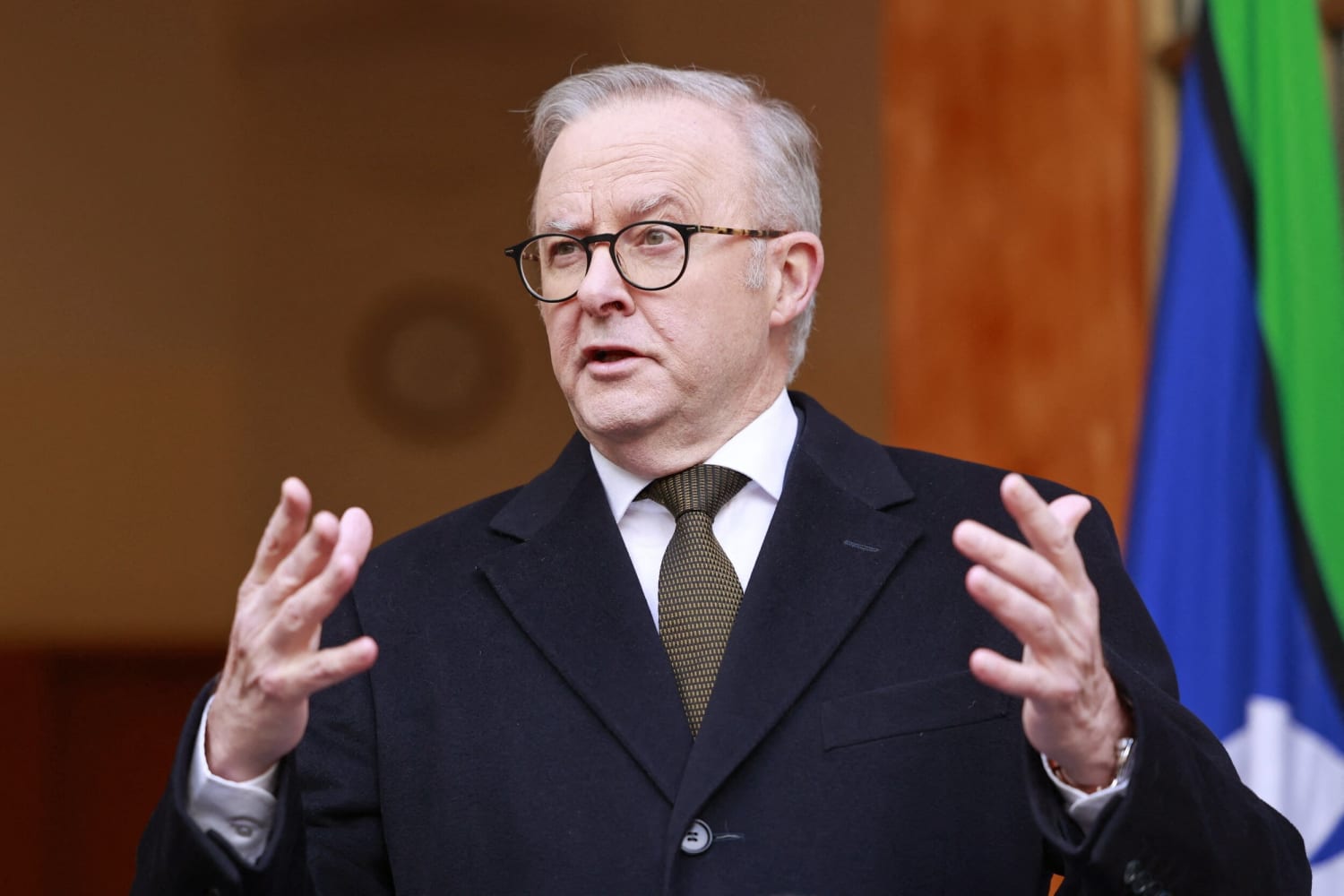





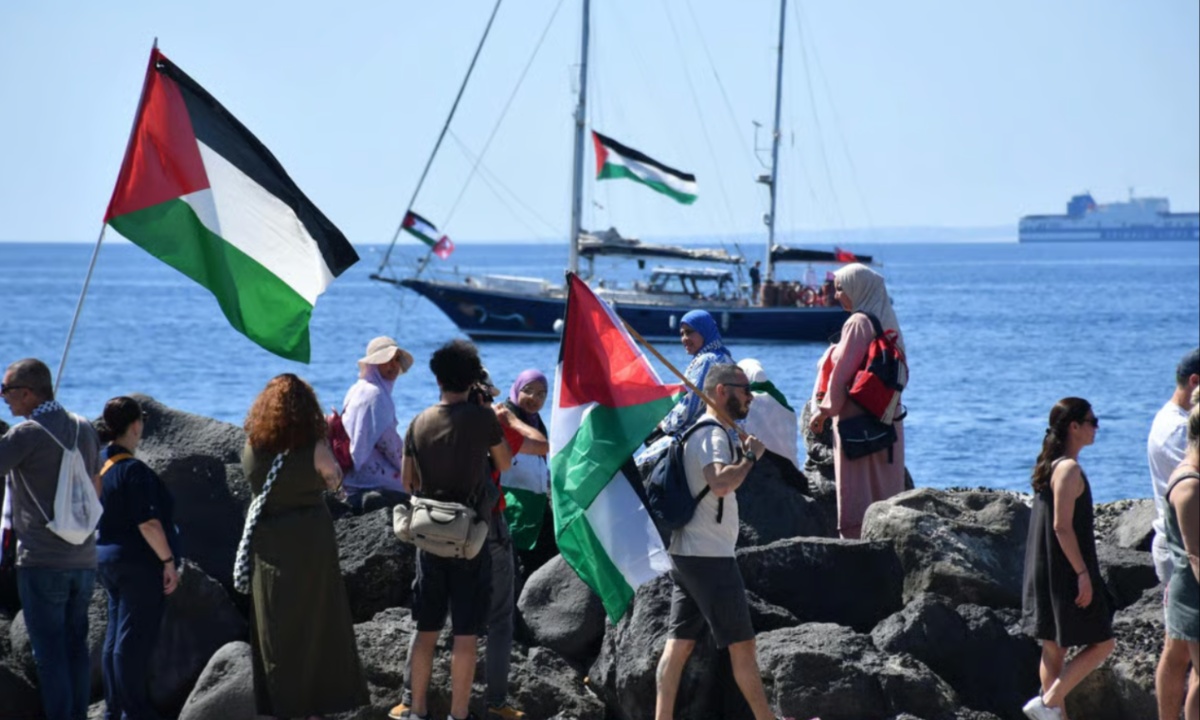

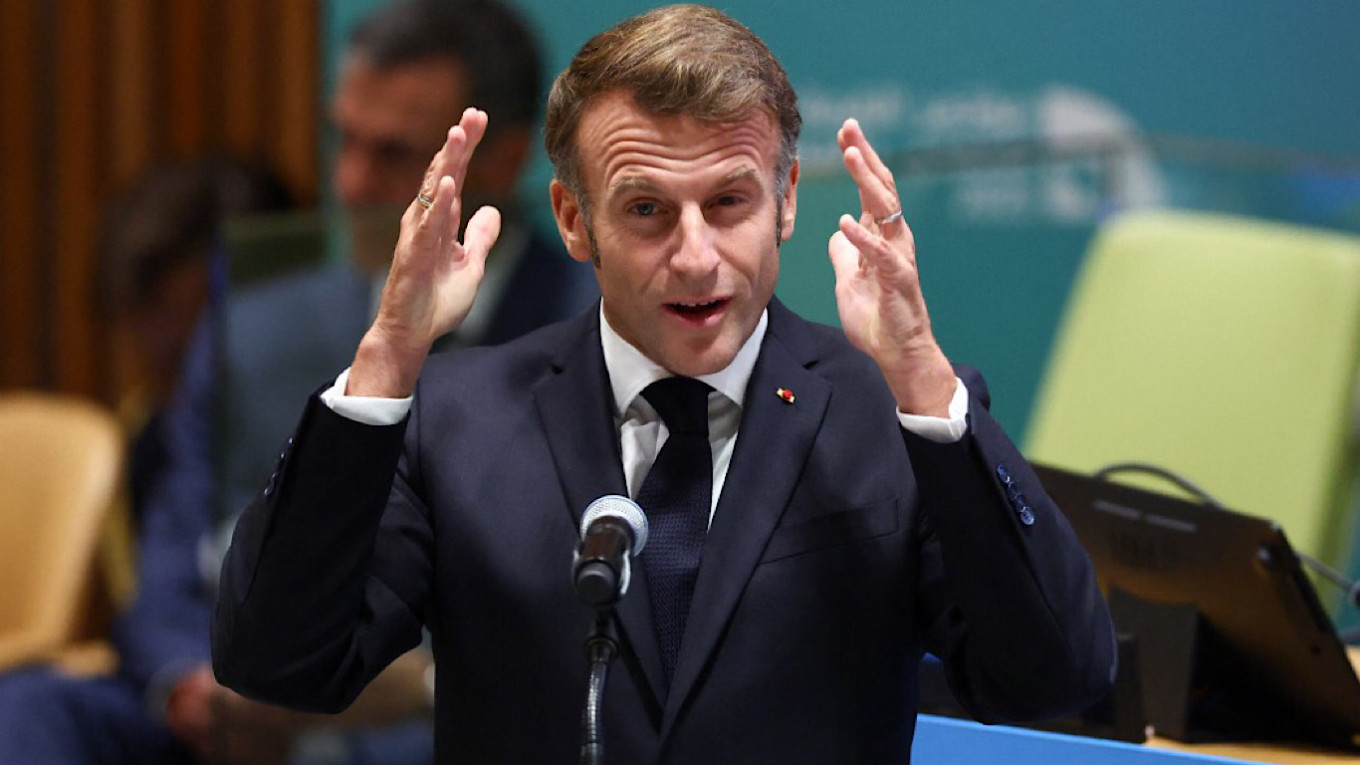
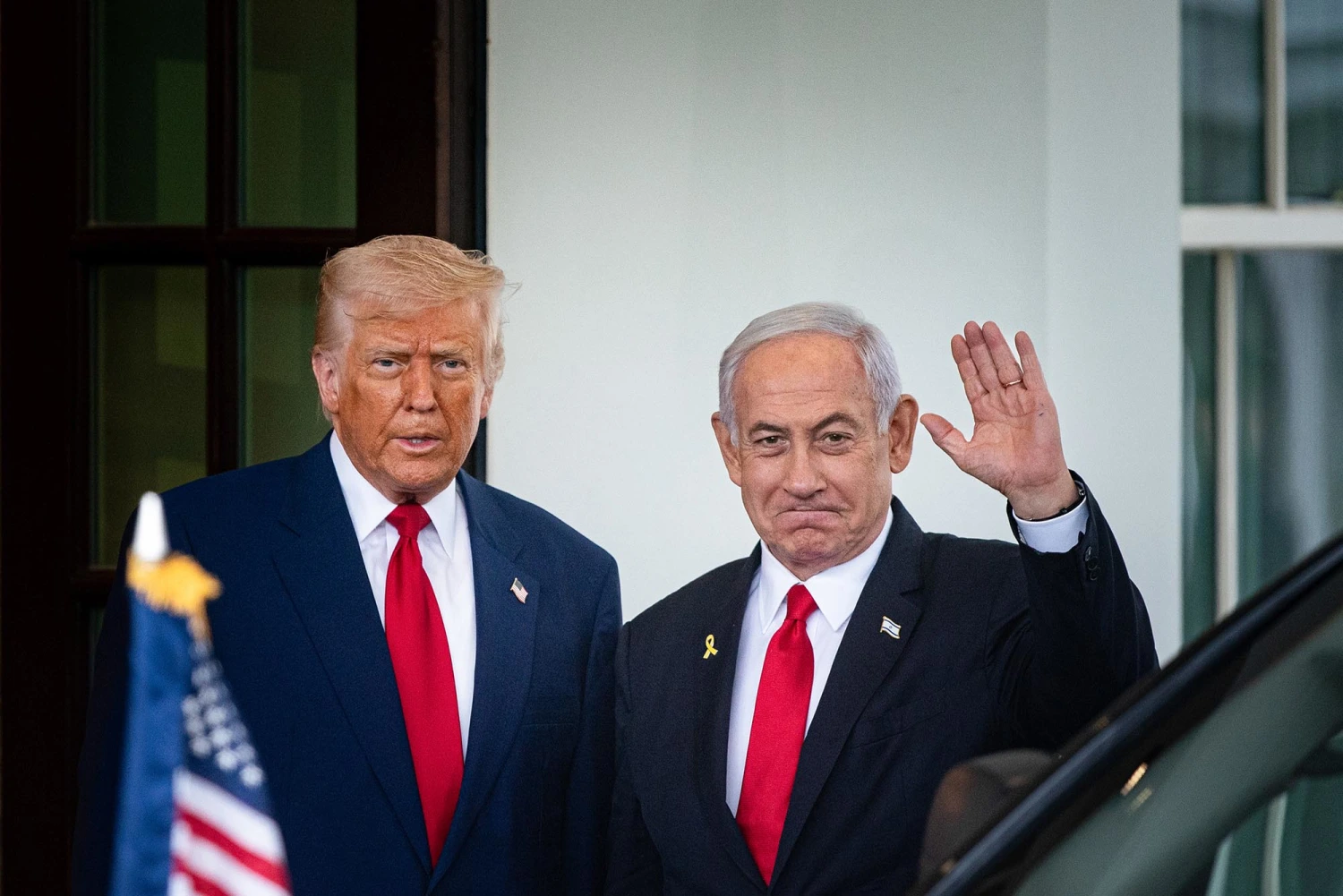
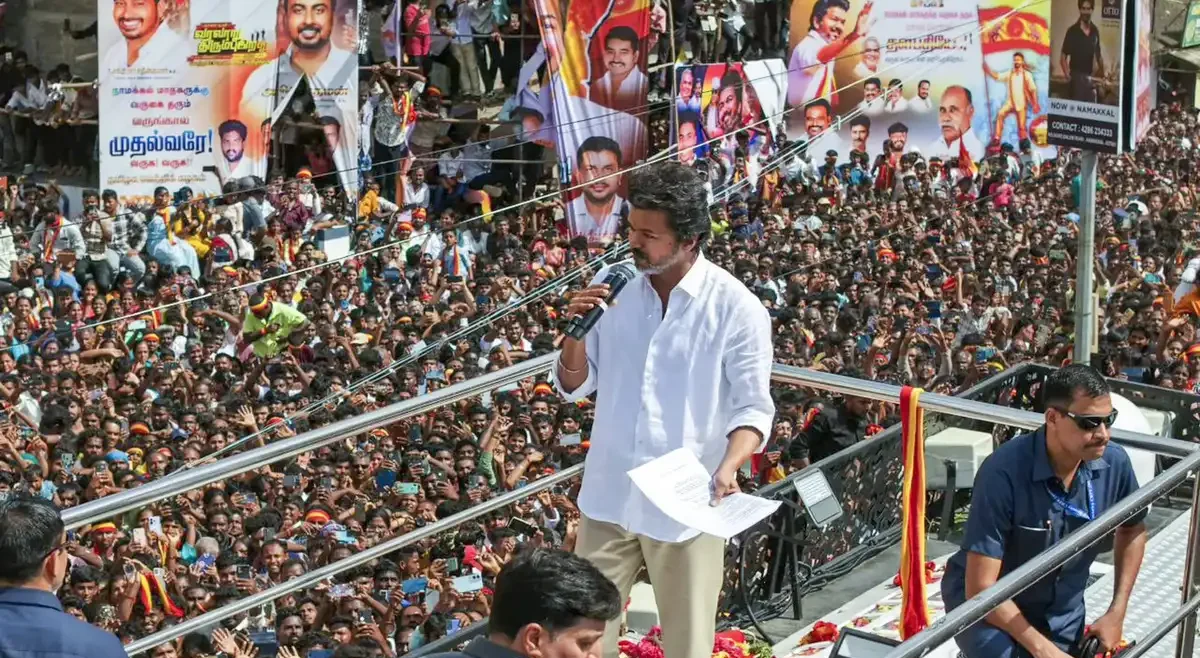
Leave a Reply